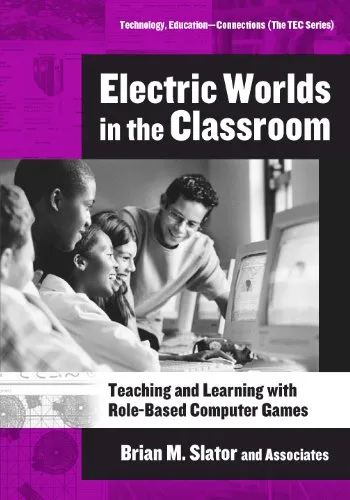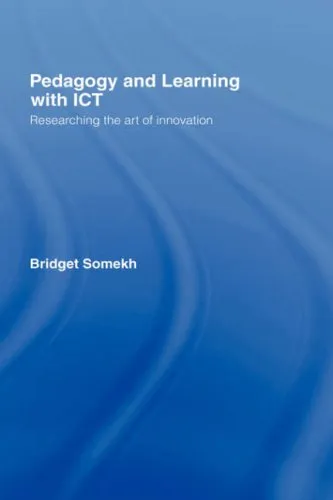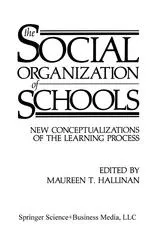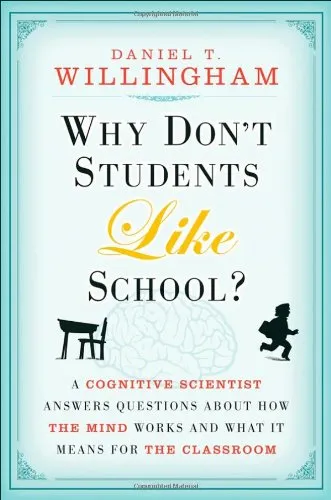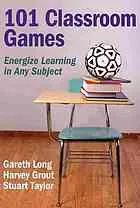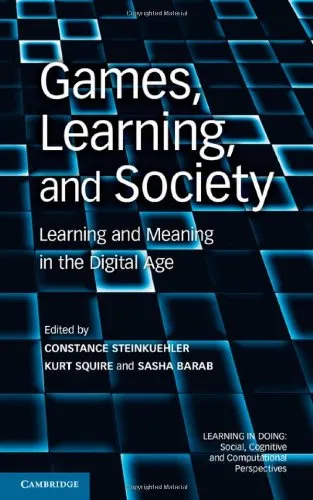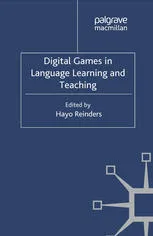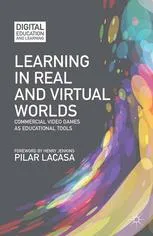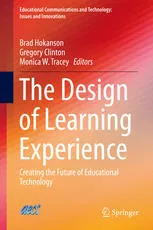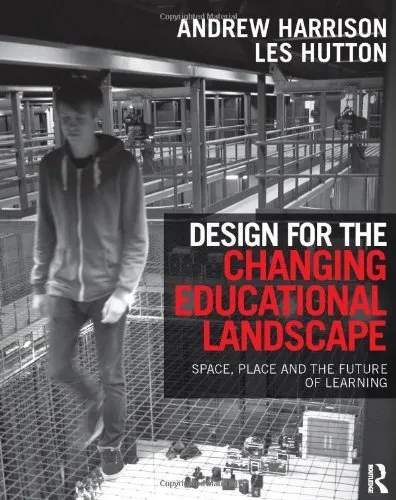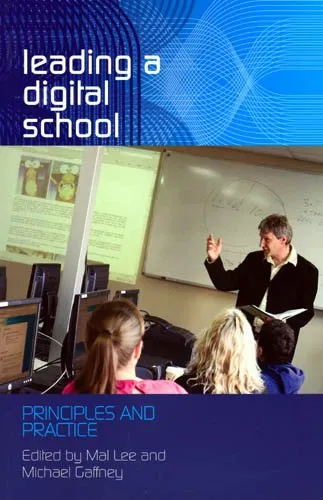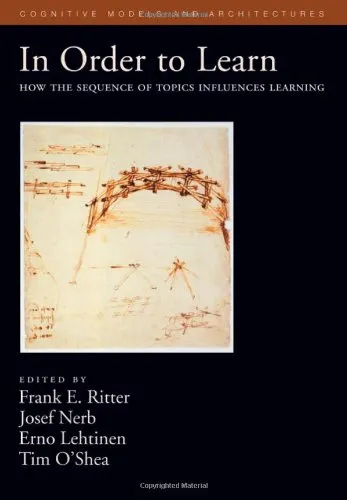Electric Worlds in the Classroom: Teaching And Learning With Role-based Computer Games (Technology, Education--Connections (Tec) Series)
4.0
Reviews from our users

You Can Ask your questions from this book's AI after Login
Each download or ask from book AI costs 2 points. To earn more free points, please visit the Points Guide Page and complete some valuable actions.Related Refrences:
Introduction
Electric Worlds in the Classroom: Teaching and Learning with Role-based Computer Games provides an insightful and compelling exploration into the powerful intersection of gaming, education, and technology. Written by Richard T. Beckwith, Harold Chaput, and Brian M. Slator, this book investigates how role-based computer games can revolutionize traditional learning practices, engage students in meaningful ways, and create immersive educational experiences. Through real-world examples, detailed case studies, and critical analysis, the authors offer educators a roadmap to harness the potential of these transformative tools within classroom environments.
At a time when digital literacy and interactive learning are cornerstones of modern education, this book addresses critical questions: How can role-playing games (RPGs) foster critical thinking and creativity? What framework can schools implement to integrate game-based learning effectively? With its rich blend of theory and practical insights, Electric Worlds in the Classroom not only answers these questions but provides a guide to reimagine how we teach and learn in an interconnected, digital world.
Detailed Summary of the Book
Electric Worlds in the Classroom delves into the concept of using role-based computer games as educational tools, arguing that these systems have the potential to transform classrooms into dynamic, interactive environments. The authors begin by examining the theoretical foundation of learning through play, drawing from psychology, education research, and game design theory. They explore how role-based games leverage narratives, challenges, and collaboration to teach critical thinking, problem-solving, and teamwork.
The book presents case studies demonstrating how computer games have been implemented in various educational settings, from teaching language skills to fostering understanding in STEM subjects. These examples showcase the adaptability of role-playing games to different curricula and age groups, emphasizing how they engage students by letting them take active roles in their learning process.
Furthermore, the book explores the challenges of integrating game-based learning, such as technological constraints, resistance from traditional educators, and balancing gameplay with academic rigor. By addressing these issues head-on, the authors provide actionable strategies for overcoming barriers and crafting effective game-based learning experiences.
Key Takeaways
- Role-based computer games foster creativity, critical thinking, and collaboration by immersing students in rich, interactive worlds.
- Game-based learning can enhance engagement and motivation, especially in subjects where traditional teaching methods often fall short.
- Successful implementation of educational games requires an understanding of pedagogical goals, thoughtful design, and alignment with curriculum standards.
- Educators must overcome challenges such as access to technology, skepticism about gaming in education, and training to integrate games effectively into lessons.
- The intersection of education and technology opens up opportunities for more inclusive, personalized, and meaningful learning experiences.
Famous Quotes from the Book
"When classrooms embrace the narratives of role-based games, they invite every student to become a hero in a story shaped by knowledge, collaboration, and exploration."
"Learning, at its core, is an adventure. Games provide the tools to take that adventure to bold new landscapes our textbooks alone cannot reach."
"Educational innovation lies not in replacing teachers but in empowering them with new tools to bring their lessons to life."
Why This Book Matters
Electric Worlds in the Classroom is more than just a book about games—it’s a manifesto for the future of education. At a time when teachers struggle to keep students engaged and motivated, this book opens the door to a transformative approach that meets learners where they are: in the digital worlds they already inhabit.
The insights offered by the authors are particularly relevant today, as education systems worldwide adapt to evolving technologies and seek to make learning more inclusive and effective. With role-based computer games, educators can create experiences that are not only fun but deeply impactful, inspiring students to think critically, experiment boldly, and collaborate effectively. It’s a vision of education that blends the best of human creativity and digital innovation.
Additionally, this book empowers teachers by providing clear strategies and tools to embrace change without losing sight of core educational principles. It is a must-read for educators, policymakers, and technologists who seek to bridge the gap between traditional learning and the opportunities of the digital age.
Free Direct Download
You Can Download this book after Login
Accessing books through legal platforms and public libraries not only supports the rights of authors and publishers but also contributes to the sustainability of reading culture. Before downloading, please take a moment to consider these options.
Find this book on other platforms:
WorldCat helps you find books in libraries worldwide.
See ratings, reviews, and discussions on Goodreads.
Find and buy rare or used books on AbeBooks.
1357
بازدید4.0
امتیاز0
نظر98%
رضایتReviews:
4.0
Based on 0 users review
Questions & Answers
Ask questions about this book or help others by answering
No questions yet. Be the first to ask!
